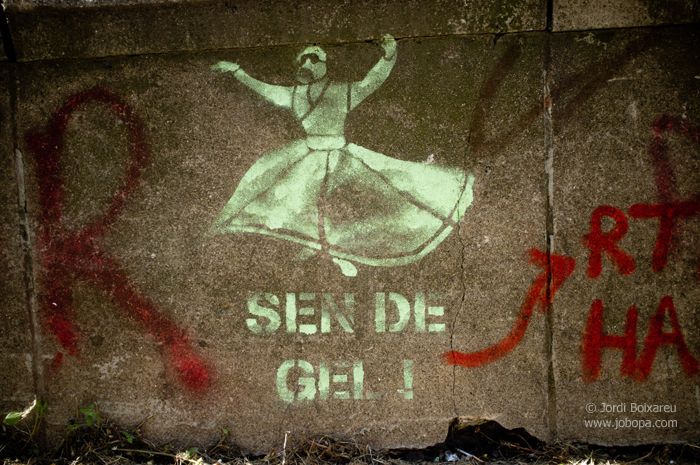Introduction
This report by the Ethical Journalism Network arises from concerns over the growth of self-censorship and threats to independent journalism during and after the sweeping anti-government protests which took place across Turkey in the summer of 2013.
The protest began in May over the violent eviction of people taking part in a sit-in to save Gezi Park in central Istanbul from being bulldozed for redevelopment. Within days the protest had spread country-wide, raising new political concerns, including issues of press freedom and threats to secularism in the country. The incidents led to fierce police battles with protesters in which five people were killed and reportedly more than 8000 were injured. It also posed the most serious challenge for a decade to the governing Justice and Development Party (AKP) and its combative leader, Prime Minister Recep Tayyip Erdoğan.
The role of media in these events gets to the heart of a troubling relationship between journalism, politics and business. It also reveals the growth of citizen’s voice in Turkey. Social media sites became pivotal players when the media downplayed the protests or ignored them altogether, particularly in the early stages.

Photo Credit: Jordi Boixareu – Taksim Gezi Park Protests in Istanbul Turkey (CC BY-NC-ND 2.0)
Following the protests the government moved rapidly to silence its opponents with more than a thousand students, teachers, doctors, lawyers and activists were questioned over their role in the protests, although few were charged. In media, scores of journalists were affected. Dozens lost their jobs and many were targeted for dismissal. Others resigned in protest over acts of internal censorship.
One of Turkey’s wealthiest families – the Doğan group – found itself under close scrutiny by a swarm of government tax inspectors apparently for giving refuge in a hotel it owns to demonstrators escaping tear gas during the confrontations with police in June 2013.
To investigate these events the EJN organised a brief mission to Istanbul in November 2013 to talk to media academics, journalists, editors and media leaders. The mission was carried out by Aidan White, the EJN Director and Hosam El Nagar, Head of Operations at the Thomson Foundation.
This report, which has been updated in the light of developments since the visit – particularly arising from an unfolding political corruption scandal and legal threats to internet users – examines the media crisis and reflects on the current and future challenges to journalists and the media. It draws on a number of sources, including on-the-spot interviews, some detailed research from local organisations and the journalism of foreign and local reporters.
The report concludes with a number of recommendations to strengthen journalism and to provide broader support for editorial independence in Turkish media.
Download the report